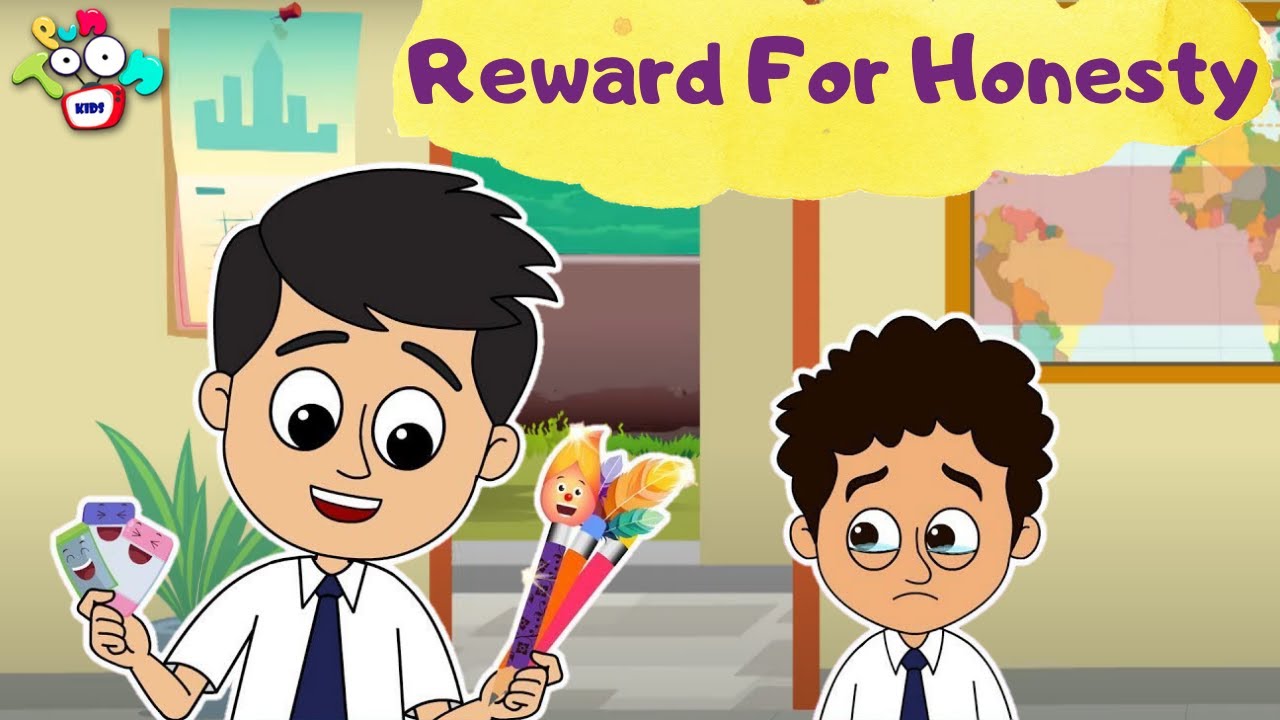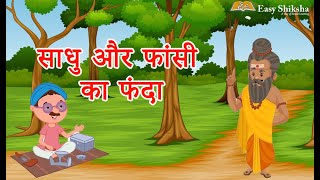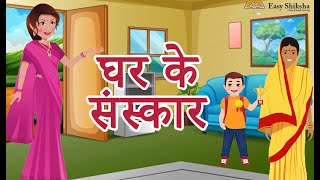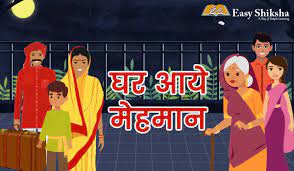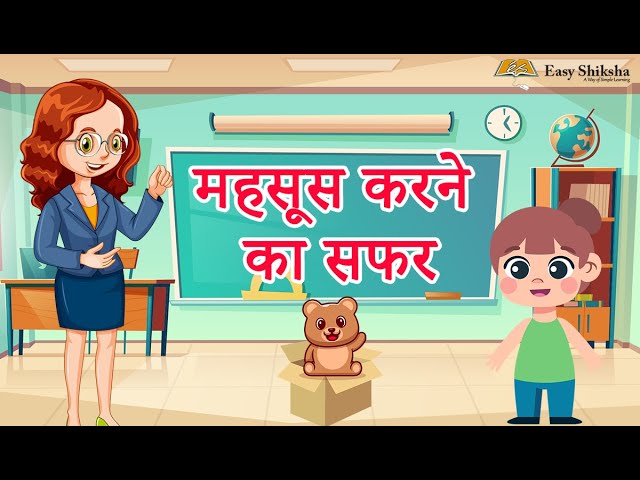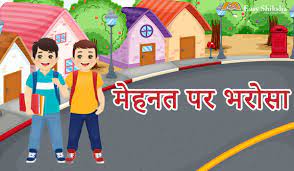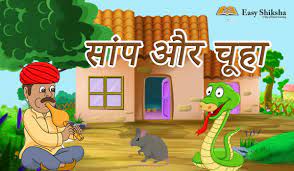In today’s fast-paced world, traditional methods of teaching are often challenged by new, innovative approaches. One such method that has been gaining popularity is the incorporation of games into kids learning routines. From educational video games to interactive learning apps, the concept of “learning through play” has taken a significant place in modern education. By tapping into the natural joy that games bring, educators and platforms like EasyShiksha.com are revolutionizing how kids engage with new concepts.
Educational Games for Kids
The Science Behind Learning Through Play
Play is not just an enjoyable activity; it is a powerful learning tool. Cognitive scientists and educational psychologists argue that play stimulates a child’s brain, enhancing their ability to absorb information and improve problem-solving skills. Games allow children to interact, experiment, and explore concepts in a way that traditional rote memorization often fails to do. As children engage with games, they develop critical thinking, creativity, and social skills that are essential for success in both academic and real-world settings.
For instance, when a child plays a game that requires strategy or problem-solving, such as puzzles or logic-based games, they are engaging in active learning. Their brains are constantly working to analyze, make decisions, and overcome challenges, which strengthens their cognitive abilities.
Benefits of Games in Learning
1. Engagement and Motivation: One of the biggest advantages of using games in education is their ability to keep children engaged. Unlike traditional methods, which may become monotonous, games provide a dynamic and interactive environment that piques children’s interest. Platforms like EasyShiksha.com offer interactive learning games that cater to different subjects, making learning fun and exciting.
2. Improved Critical Thinking: Many educational games require children to make quick decisions and think critically about outcomes. These games push them to strategize and plan their actions, which helps build strong decision-making skills. For example, a game that involves solving math problems or navigating a maze fosters logical thinking and enhances problem-solving skills.
3. Social Skills Development: Multiplayer games and collaborative educational tools encourage teamwork. Children learn how to collaborate, communicate, and respect each other’s ideas, which are essential skills for success in group settings, both in school and later in the workplace. EasyShiksha.com offers collaborative learning opportunities that let children work together in a virtual environment, further developing their social skills.
4. Personalized Learning: One of the unique benefits of games is their ability to be tailored to a child’s specific learning pace and interests. Unlike traditional classrooms, where the pace can be too fast or slow for some, games can adapt to the child’s progress, ensuring they are neither bored nor overwhelmed. EasyShiksha.com provides personalized educational games that cater to the varying needs of children, allowing them to master concepts at their own speed.
5. Improved Memory and Retention: Games often incorporate repetition and practice, which is essential for memory retention. For example, a language learning game might prompt a child to repeat words or phrases until they are committed to memory. The interactive and rewarding nature of games reinforces learning, making it easier for children to retain and apply knowledge in the future.

Types of Games That Benefit Learning
1. Educational Video Games: These games are specifically designed with educational objectives in mind. From teaching mathematics to language arts, educational games can cover a broad range of subjects. Games like these often come with a built-in progression system, offering rewards as children achieve milestones, which keeps them motivated to continue learning.
2. Puzzle and Strategy Games: These games encourage problem-solving and critical thinking. Many puzzle games challenge kids to think outside the box and come up with creative solutions, which are important skills they can apply to academic subjects like math and science.
3. Simulation Games: Games that simulate real-life scenarios, such as running a business, managing a farm, or exploring historical events, allow children to engage in experiential learning. These types of games teach valuable life skills like time management, resource allocation, and critical thinking, all while enhancing a child’s understanding of real-world concepts.
4. Story-Based Games: Story-driven games engage children’s imaginations while teaching them about narrative structures, reading comprehension, and problem-solving. These games typically present challenges that children must navigate by solving puzzles, making decisions, or understanding the storyline, helping them develop both literacy and critical thinking.
Games as a Tool for Remote Learning
In the post-pandemic world, online learning has become the norm, and many children are now learning from home. Incorporating games into online learning is a fantastic way to keep kids motivated and excited about education. EasyShiksha.com offers gamified learning experiences that combine traditional education with fun, interactive elements. Making learning from home more effective and enjoyable.
The Role of Parents and Teachers
While games can be an incredibly powerful learning tool, it is important for both parents and teachers to ensure that the games align with the educational goals. Moderation is key—games should be used as a supplement to traditional learning, not a replacement. Encouraging children to engage in educational games that promote critical thinking, creativity, and problem-solving skills will help them grow into well-rounded individuals.
FAQs: Frequently Asked Questions
Q1: What types of games are best for kids’ learning?
A: Educational video games, puzzles, strategy games, and story-based games are excellent for fostering critical thinking, problem-solving, and creativity.
Q2: How can games improve a child’s memory and retention?
A: Games incorporate repetition and reward-based learning, which reinforces concepts and helps children remember information more effectively.
Q3: Can online games be used for remote learning?
A: Yes, online educational games are a great way to keep kids engaged while learning from home, and platforms like EasyShiksha.com offer gamified learning experiences.
Q4: Are there games for all ages?
A: Absolutely! Educational games are available for children of all ages. From simple games for young kids to complex games that challenge older students.
Q5: How do I choose the right educational game for my child?
A: Look for games that align with your child’s interests and educational needs. EasyShiksha.com provides a variety of age-appropriate games for different learning goals.
Read Also: Ryan International Students Bond with Elderly Residents at Pune’s
Get Courses: physics online courses
Conclusion
Games are not just for entertainment; they can be an essential part of a child’s learning journey. By combining fun with education, games help children develop vital skills. That will serve them well throughout their academic and professional lives. EasyShiksha.com provides a wide array of educational games that can supercharge kids’ learning, keeping them engaged and motivated. While mastering new concepts.
























































